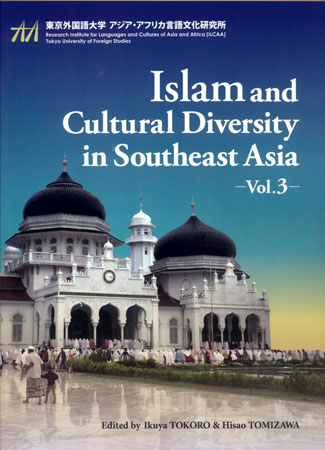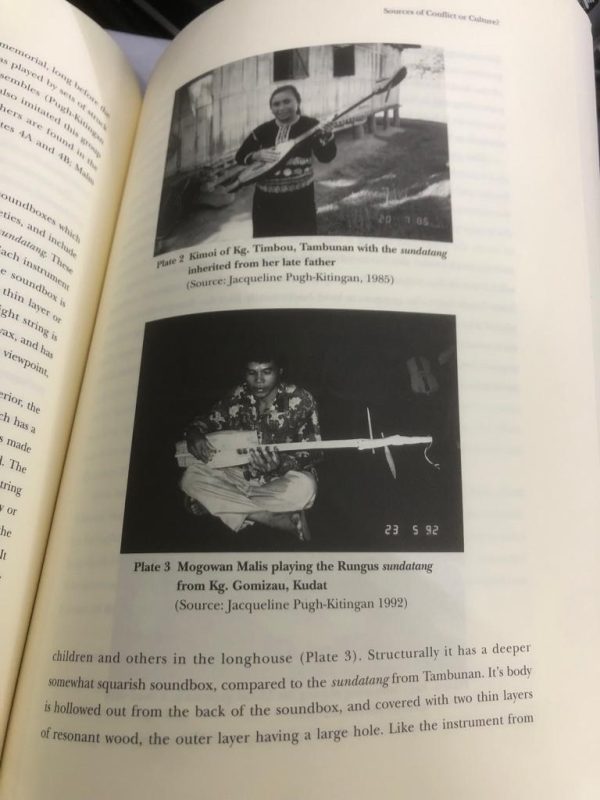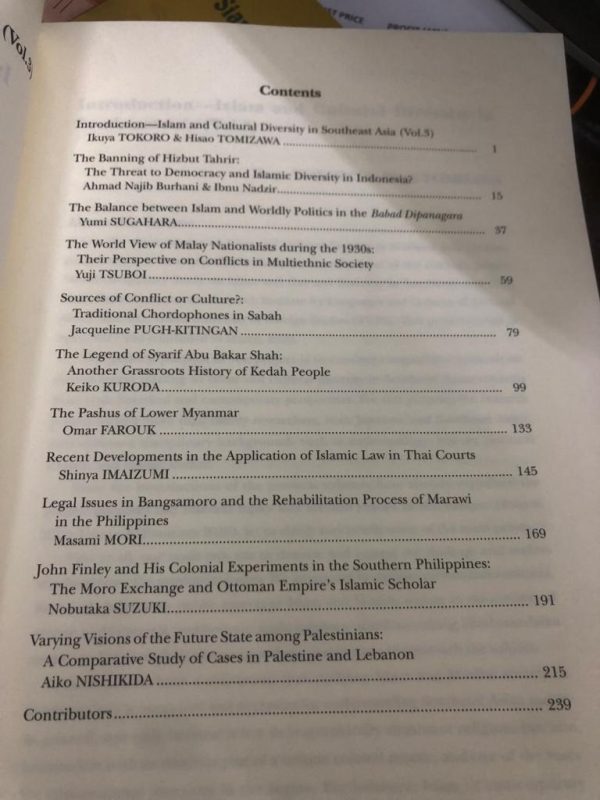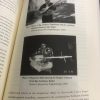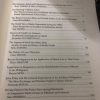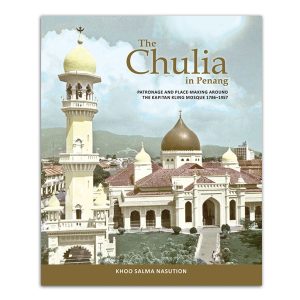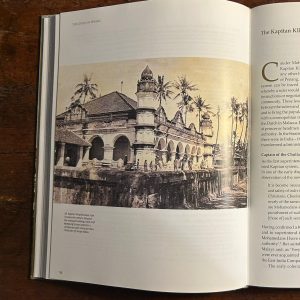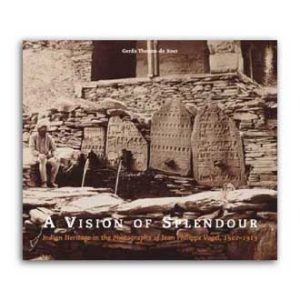This is the third volume of Islam and Cultural Diversity in Southeast Asia (Tokoro 2015; Tokoro & Tomizawa 2018). Basically, it evolved out of the research project “Multi-disciplinary Study on Islam and Cultural Diversity in Southeast Asia (The Third Term)” based at the Research Institute for Languages and Cultures of Asia and Africa (ILCAA), Tokyo University of Foreign Studies (TUFS). This project started in April 2017 and concluded in March 2020. The general purpose of the project is to conduct comparative research on various topics relating to Islam and cultural diversity in Southeast Asian contexts from both historical and contemporary perspectives.
This volume tries to focus on the complex social dynamics surrounding Islam and Muslim society in Southeast Asia. The contributors seek to consider different aspects and facets of the social reality relating to Islam and the life of Muslims, including the historical, political, social, and economic dimensions, concentrating on each of five particular countries: Indonesia, Malaysia, Thailand, Myanmar, and the Philippines.
A special chapter on the Palestinians is also included for a comparative study of Islam in the Middle East with that in Southeast Asian situations.

